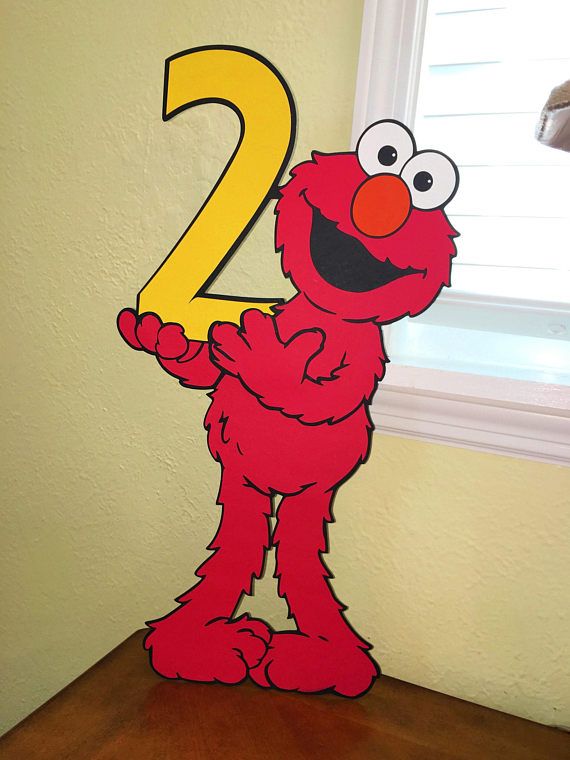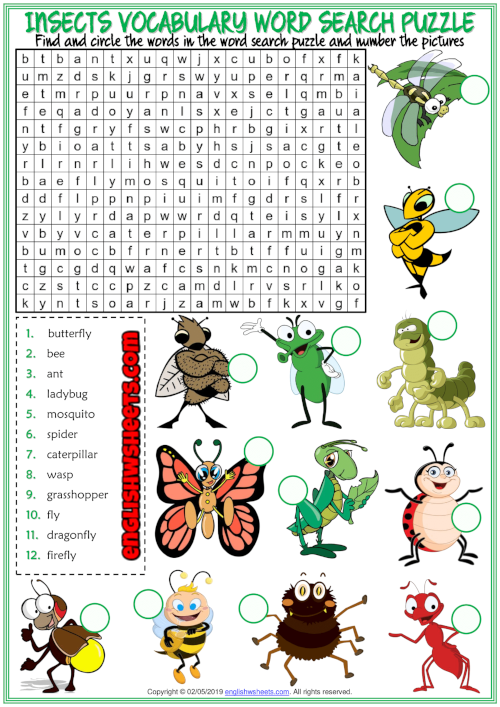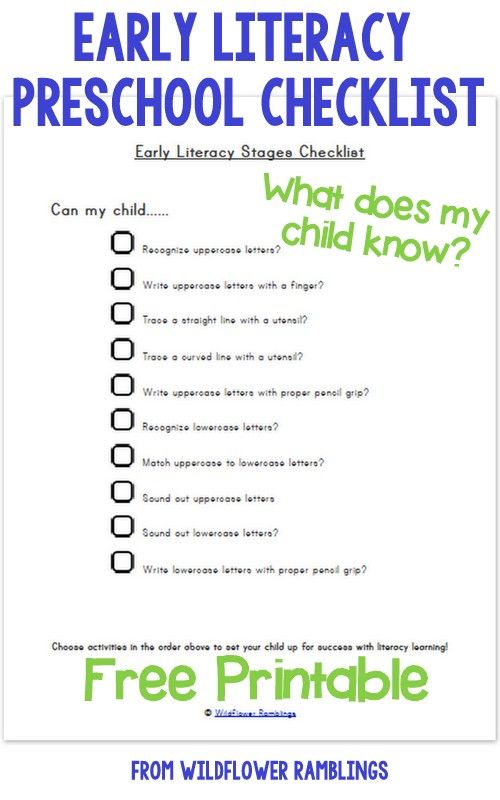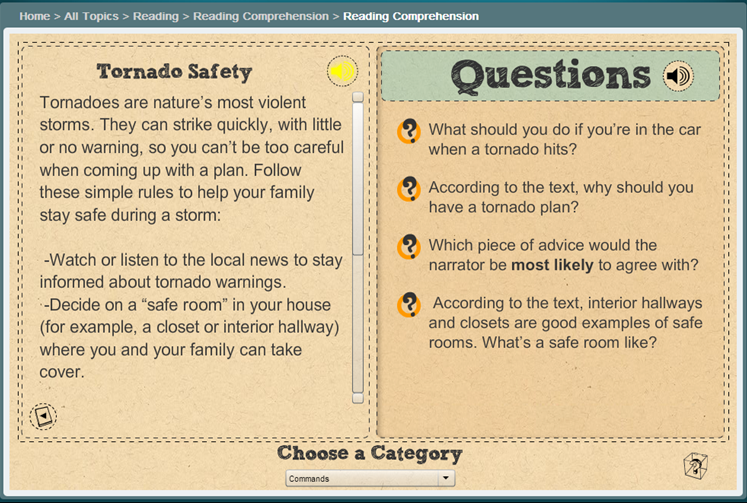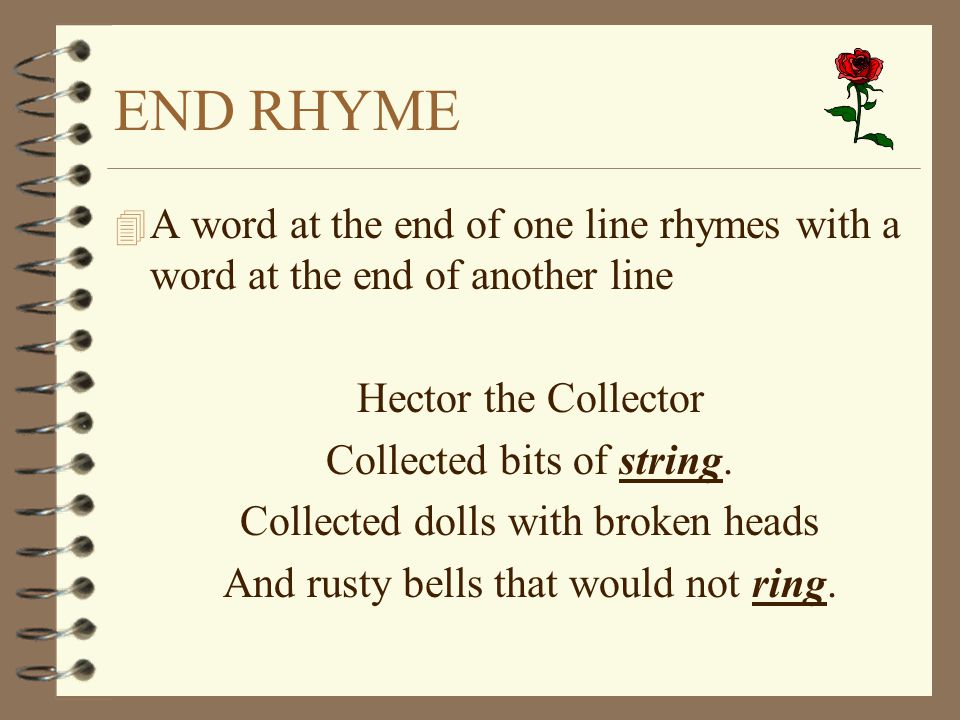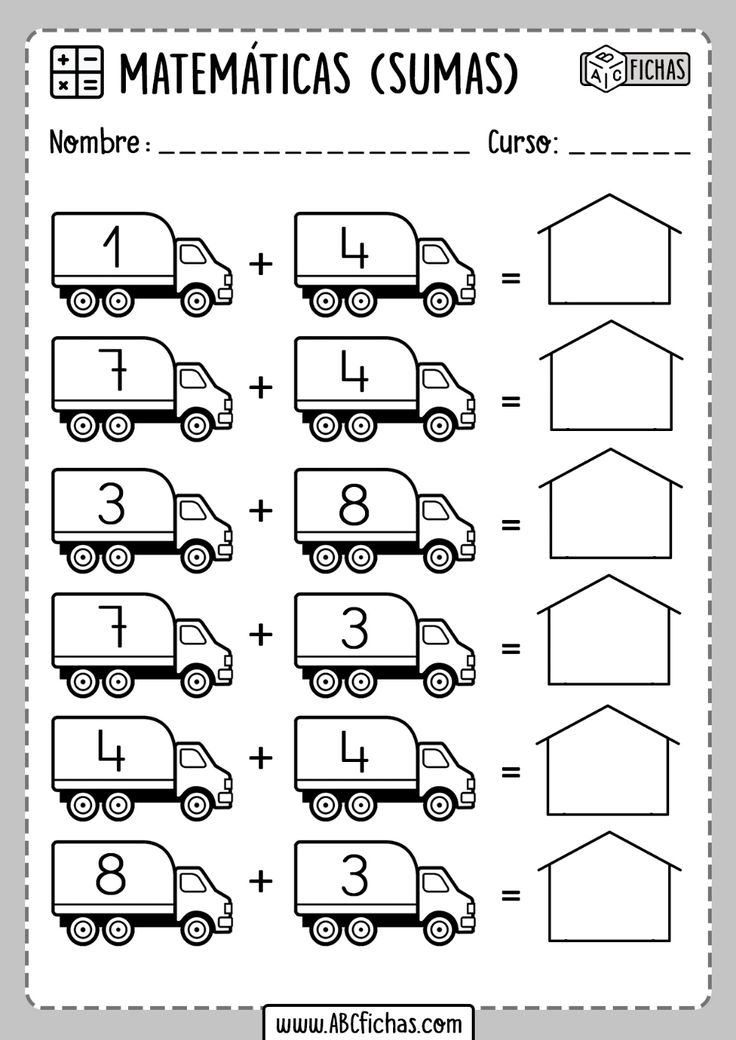Game for spelling words
Help
Problem: The website is blocked to my students
Do your students get a message similar to "website can't be reached"?
Solution: Contact your school's technology department, or someone at your school who's in charge of the internet, and tell them you wish to use this website with your class. They can simply unblock it by adding it to their list of approved websites within a couple of minutes.
How can I save my lists?
After you type your list, click the "Save list / Open saved list" button. Then, type a title for your list, and click the "Save" button.
You can save this way up to 24 lists. They will be stored locally in your browser's cache. Note that if you delete your browser's "history" then your saved lists might get deleted.
Problem: I can't save lists / Saved lists are erased
Your lists might not be saved due to the following reasons:
1. Too strict privacy settings in your browser. (try reducing it, or try another browser).
2. Too strict anti-virus or firewall settings. (try reducing it).
3. In schools, web administrators often disable some features of the computers such as the ability to save changes that you've made.
If you can't get your lists saved, you can always save your lists in a document, as described in the following section:
Saving lists permanently
You can save lists permanently in a text document.
Copy the sharing code (see the section below about sharing lists), and paste it inside a text document (such as MS Word or Google Docs). Type your title above it. You can paste this way as many lists as you wish. Save the document.
In most document types, when you click the sharing code it will automatically open the website with your list inside it.
How Can I share my list with my students?
After you type your list, click the "Share this list" button. An address that contains your list will appear. Copy it, and paste it in your class's website, or in your Google Classroom.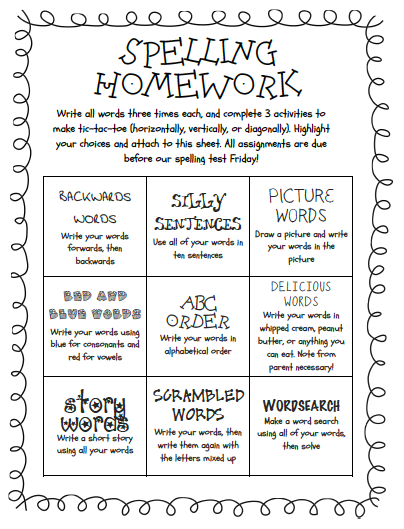
Problem: A game stopped working (can't hear sound, or the screen is black, or doesn't load)
Note that old computers (older than 4 years) might have trouble running some of the games.
Solutions:
1. Try reloading the page (use the "reload" button on the browser, or the F5 key on the keyboard).
Does it work now? If it doesn't, then try the following:
2. Close the browser, including all its open tabs (better save your word list before closing). If you can, close other computer programs that are open too.
Now wait a few seconds (to let the computer's memory get flushed).
Now open the browser again, get back into spellingtraining.com, go to the problematic page and reload it again.
If it still doesn't work, then:
3. Try the website with another browser (Google Chrome, Firefox, Microsoft Edge, Internet Explorer, etc.). If it doesn't work with one - it might work with the other.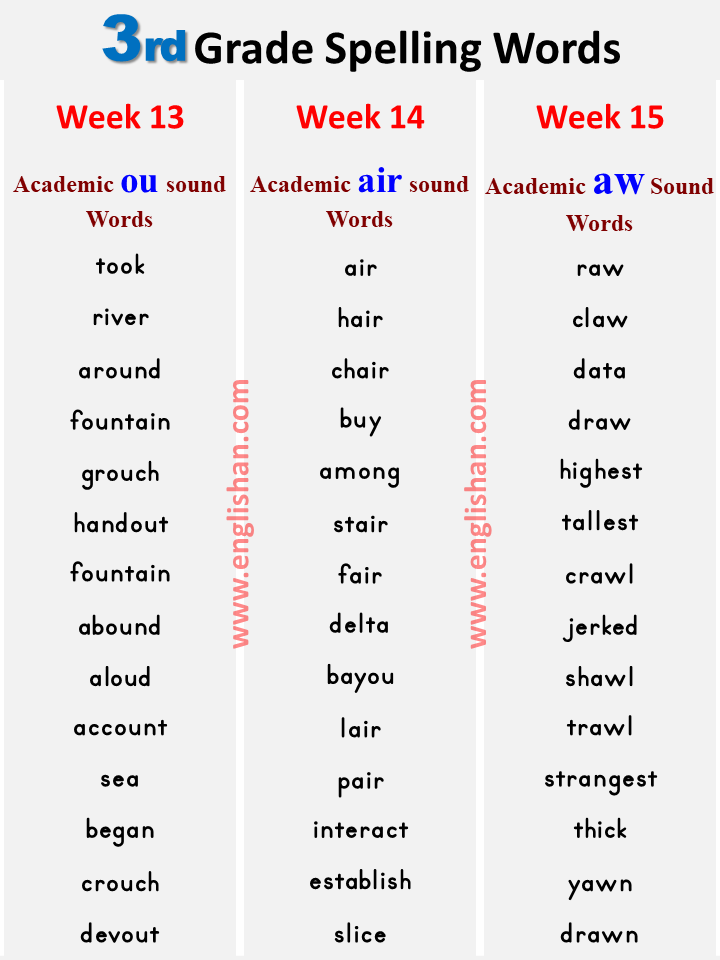
If it still doesn't work - please tell me about it! Send me an email to: [email protected]
But also in the meantime, the following solution will probably work -
4. Try using the website from another computer.
Problem: Some games are suddenly missing (Rollercoaster, Dragon)
Solution: If you browse from a computer and this happens, try the following:
1. Maximize the browser's window size. The games might now reappear.
2. Try zooming out by clicking "Ctrl" with "-" (pressing Ctrl with the minus key). If you zoom out the missing games will appear.
Note that those 3d games (rollercoaster, dragon island, jungle speller etc.) won't appear on tablets and smartphones.
I didn't find an answer to my problem
If there is anything else that you need assistance with, don't hesitate to contact me and I'll do my best to help you. My email is [email protected]
9 Fun DIY Spelling Word Games for the Classroom
Spelling can be fun to practice in the classroom.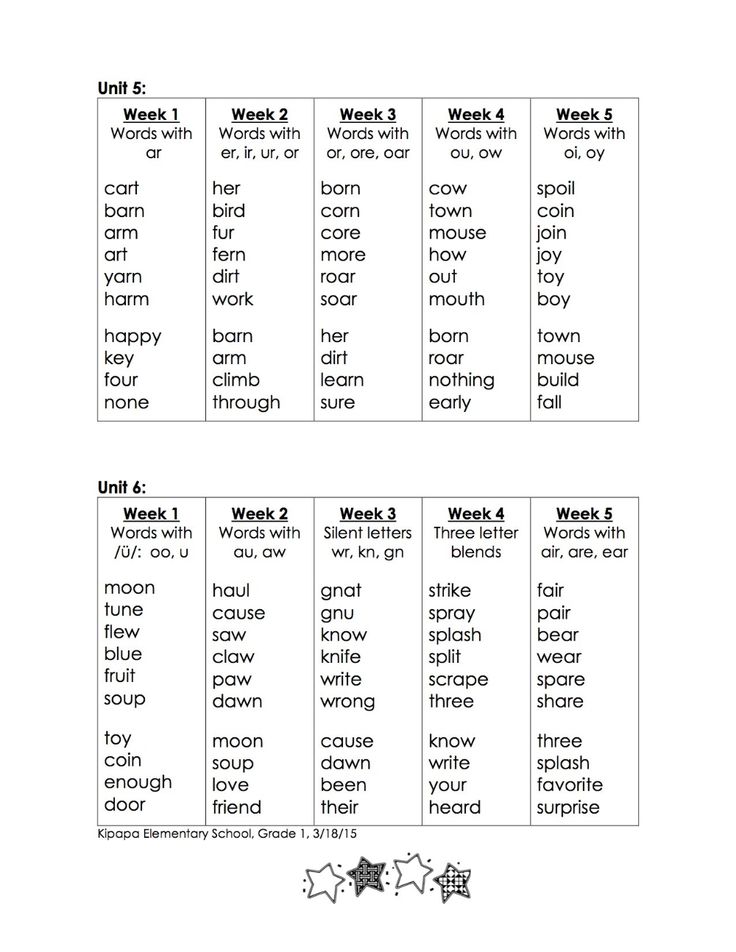 These spelling games are perfect for specific spelling words or for reinforcing spelling rules in class. Keep reading to find ideas for fun spelling word games for all levels.
These spelling games are perfect for specific spelling words or for reinforcing spelling rules in class. Keep reading to find ideas for fun spelling word games for all levels.
spelling word game with letter pieces
Advertisement
Baseball Spelling
Everyone loves a nice game of baseball! Use baseball terminology and rules to reinforce important spelling words in your language arts lesson.
- Draw a baseball diamond on the board (home, first, second, third plates).
- Split the class into two teams. Assign one team as the fielding team and the other as the batting team.
- Have each team write up a “batting order” that includes everyone’s names.
- Have the fielding team choose one “pitcher” to read the words.
- The pitcher reads the first word to the person who is listed first on the batting team’s batting order.
- If the batter gets the word right, they’re on first base.
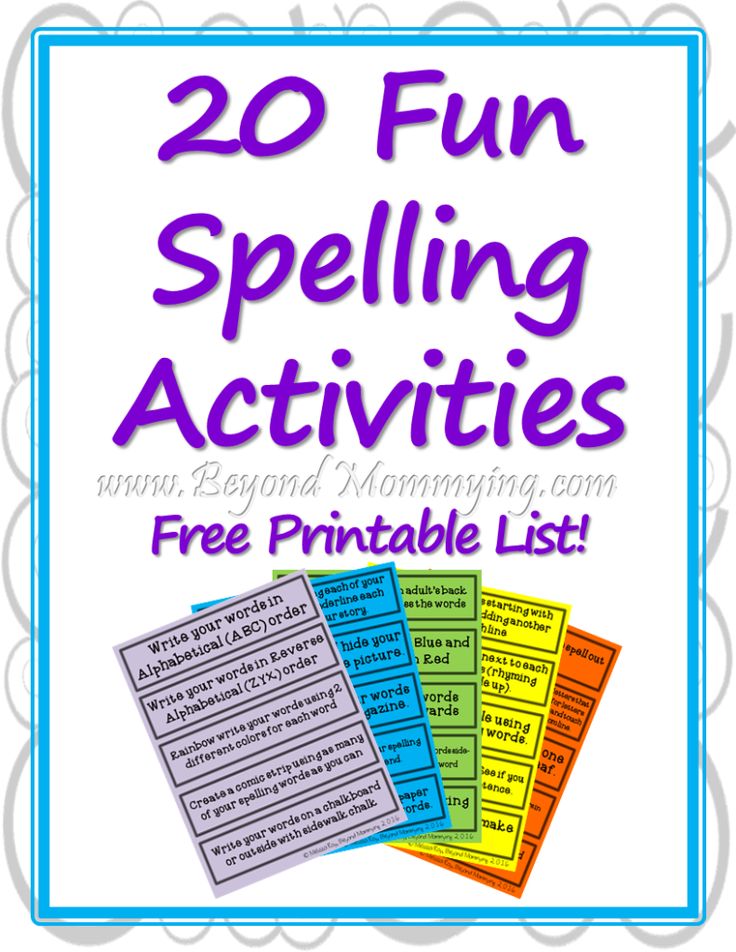 You can indicate this on the whiteboard baseball diamond.
You can indicate this on the whiteboard baseball diamond. - The pitcher reads the next word to the next batter. If they get it right, they move to first and the previous batter moves to second.
- If someone spells a word wrong, they strike out. When there are three strikeouts, the teams switch and the fielding team gets to “bat.”
Play as many innings as you need for everyone to get a turn and to review all the spelling words. Students can either stand in front of the class when they’re “at bat,” or they can spell from their seats.
Board Races
Students love writing on the board, running in the classroom and competing against each other – it’s a perfect fit! You can play board races with any subject, but it’s especially helpful for spelling because it’s so visual.
- Split the class into two or three teams, depending on how many students you have.
- Read the first word on the spelling list.
- The first student on each team races up to the board and writes out the word with its proper spelling.
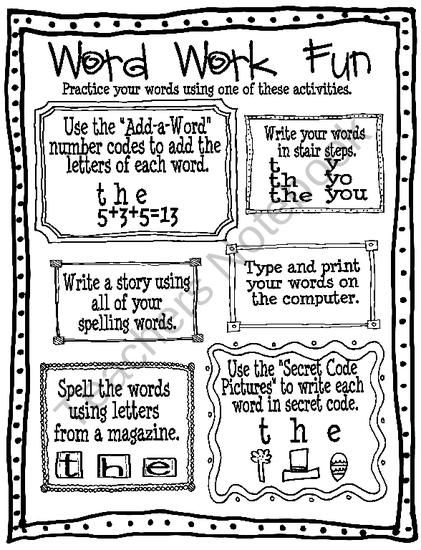 This includes capitalization for proper nouns.
This includes capitalization for proper nouns. - Whoever spells the word correctly (and legibly) gets a point for their team.
- Repeat the game until you’ve run through all the spelling words a few times.
For an extra challenge, use alphabet magnets instead of dry-erase markers for students to arrange in the correct spelling. You can also use this game to practice dictionary skills by calling out extra hard words that they’ll need to look up.
Catch the Spelling Word
Work on your students’ hand-eye coordination as well as their spelling. All you need is a spelling list and something soft to throw back and forth.
- Divide the class into small groups of 4-5 people.
- Get an inflatable ball, stuffed animal or anything that students can throw without hurting each other for each group.
- Have one group come to the front of the class with the ball.
- Set a timer for one minute.
- Read the first spelling word.
- The student with the ball says the first letter of the word.

- If it’s correct, they toss the ball to another student, who says the next letter.
- If it’s incorrect, they sit down and the next group stands up.
- If they drop the ball, they sit down.
- Once they’ve correctly spelled the word, read the next word.
- Repeat until the group’s minute is up. The group gets points for every word it has successfully spelled.
- Have the next group come to the front of the class.
You can adapt the game for groups to play at the same time or even for pairs to play. Middle and high schoolers may especially enjoy the physical part of tossing the ball back and forth.
Advertisement
Disappearing Spider
Disappearing spider is played like hangman (or hang spider) in reverse. This is an entertaining and competitive game that is perfect to play right before a spelling test.
- Split the class into two teams.
- Draw two stick-figure spiders on the board, each with the same 10-15 body parts.
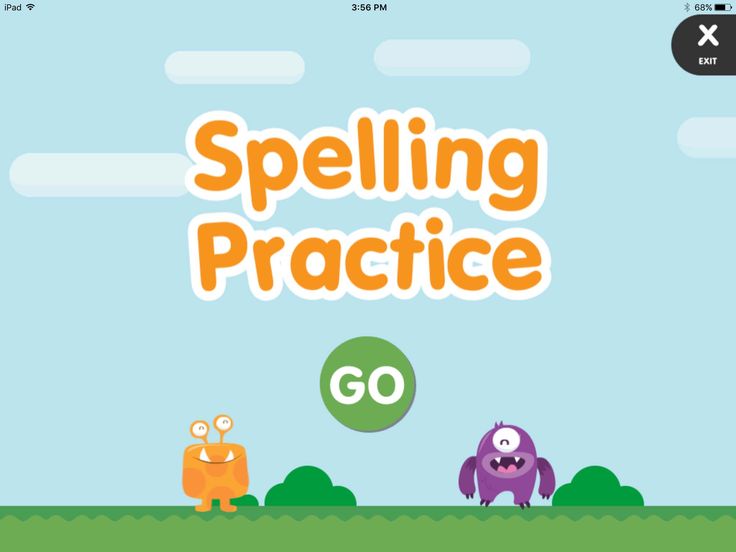
- The first person on the first team says the word, spells it and says it again.
- If they are correct, they erase one part of the other team's spider. If the word is spelled wrong, it is the next team's turn. Keep going until one spider is no longer visible on the board.
If your class wants to be more creative, have them choose another animal to be their team mascot. One student can draw the animal on the board, and the other team can erase parts of it when they get the spelling words right.
Advertisement
Kaboom
If you need a whole-class spelling game to play with a list of spelling words, try kaboom. This game requires enough Popsicle sticks for every student to have at least two.
- Write the spelling word on Popsicle sticks and put them in a cup. For every five words, add a stick with "KABOOM" on it. If there are 20 words, there would be four extra “KABOOM” sticks.
- The first student picks a stick without looking and hands it to the teacher.
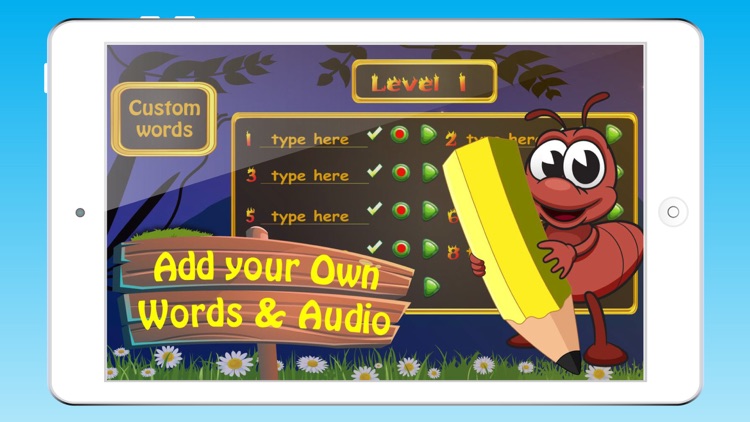
- The teacher reads the word. The student spells it out loud.
- If the student spells it correctly, they keep the stick. If they spell it wrong, the stick goes back into the jar.
- When a student picks the “KABOOM” stick, they have to put all the sticks that they have collected back into the pile.
- The game is over when there are no sticks left in the jar. The student with the most Popsicle sticks is the winner.
If you don’t have Popsicle sticks, you can use pieces of paper or other supplies. You can also assign a student judge who has all of the words available to double-check their classmates’ answers.
Sparkle
Sparkle is a great game to practice spelling with a little competition. You can play sparkle as a whole class or split the students into smaller groups. It’s also a great way to pass the time when students need to wait in line for a long time.
- Have students stand in a circle or straight line.
- Choose a student to call words out or call them out yourself.
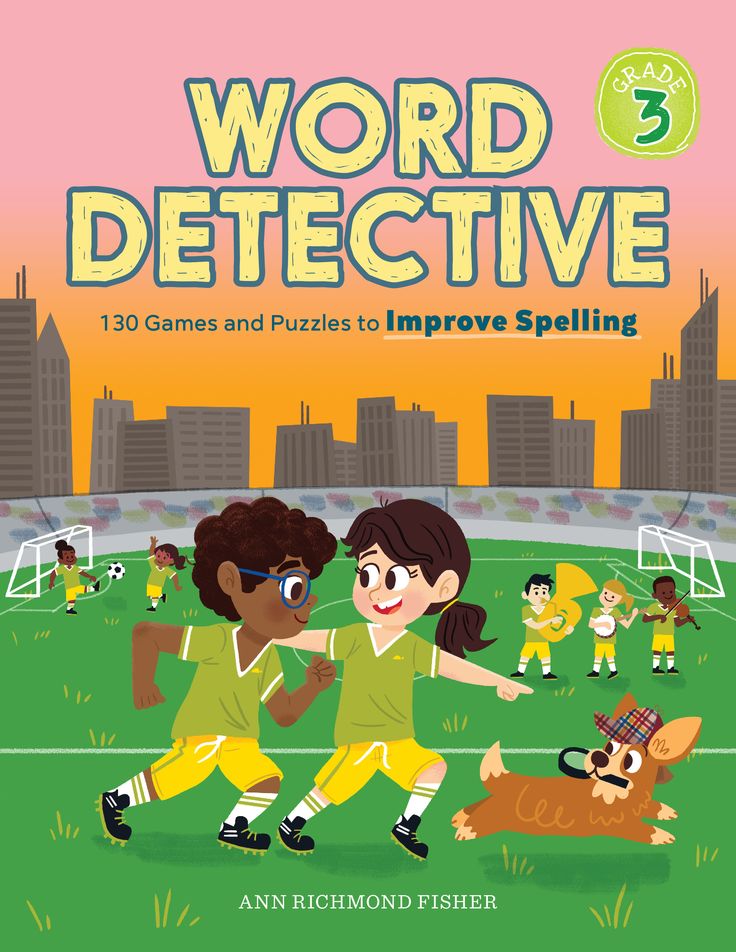 For example: “window.”
For example: “window.” - When the first word is called out, the first person starts spelling it, saying only the first letter (“w”).
- The second person says the second letter (“i”). If a student says the wrong letter, they sit down or leave the circle.
- The third person says the third letter (“n”) and so on, until the word is spelled correctly.
- Whoever says the last letter of the word turns to the next person and says "Sparkle!” The person who would have been next is out because he or she got "sparkled."
The game continues with the leader calling out another word. The game continues until everyone is out except for one player, who is the winner.
Advertisement
Spelling Bee
Little kids can participate in a spelling bee game without the pressure of competition. This elementary spelling game is fun for young readers and older elementary students alike.
- One student is the bee and buzzes around the room while the students chant: "Buzz, buzz, spelling bee, you can't sting me!”
- The bee stops behind a desk and the teacher gives that student a word to spell.
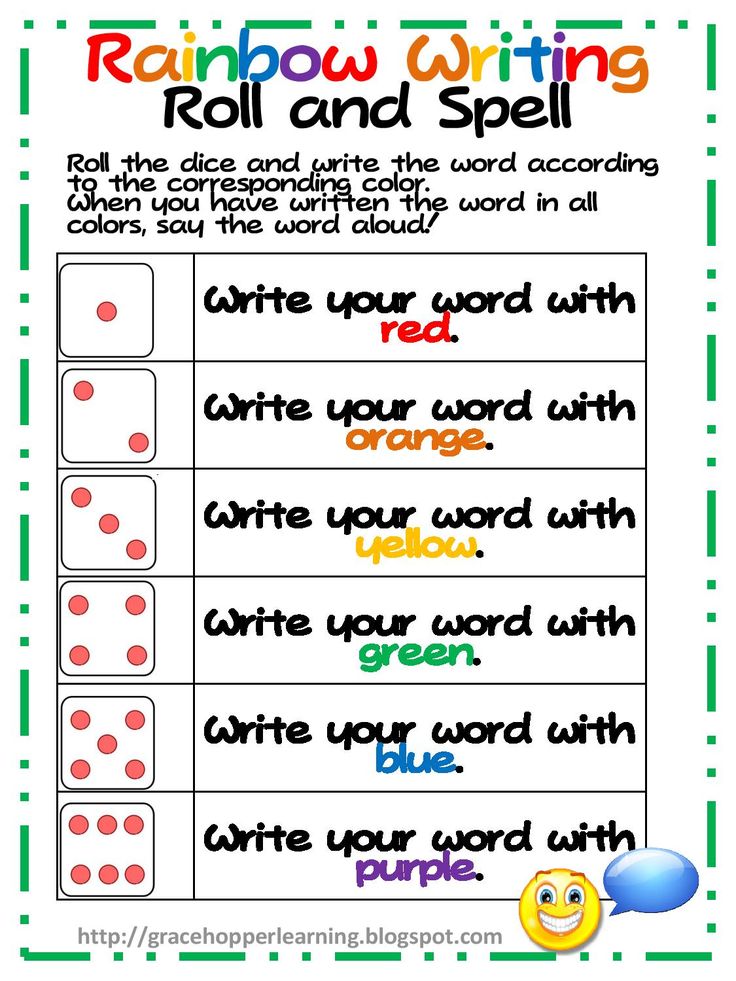
- If the student spells it correctly, then the bee has to sit down and the student is the new bee.
- If the student is wrong, the whole class spells it together.
- Continue until every student has a chance to spell.
Another thing to do to keep the other students involved is to have them do a "thumbs up" or "thumbs down" after the student spells the word. You can also have the students sit in a circle in a similar way to the game duck, duck, goose.
Step and Spell
Step and spell uses a shower curtain that has the letters of the alphabet taped or written on it. You’ll also need a "start" and "finish" spot written onto the shower curtain.
- Spread out the shower curtain on the floor.
- The students sit on the floor around the shower curtain.
- One student stands on the "start" box. The teacher reads the first spelling word.
- The student goes to the first letter of the word, stands on it, says the letter, and goes on to the next one, finishing on the "finish" box.
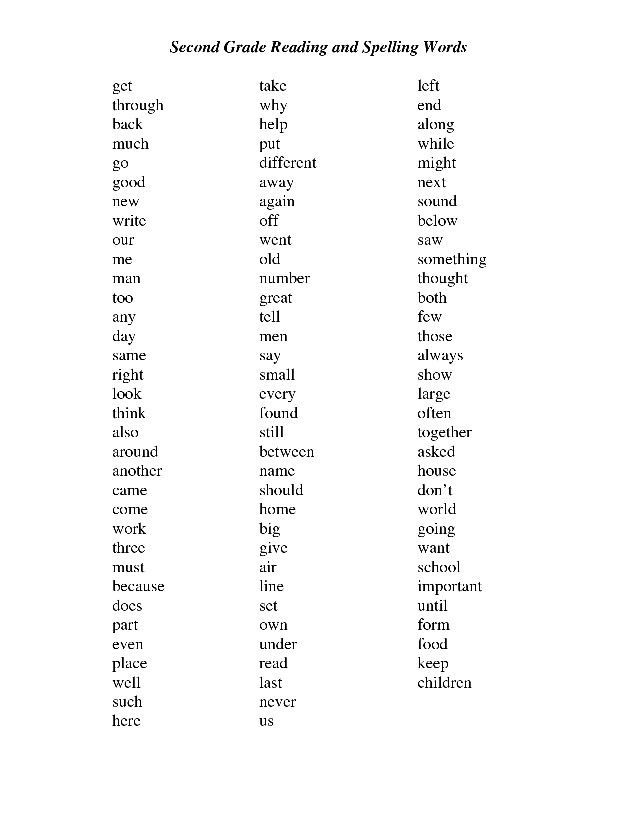
- If they make a mistake, they start all over again.
For an extra challenge, arrange the letters on the shower curtain in keyboard (QWERTY) order. If you don’t have a shower curtain, you can write the letters on pieces of paper and spread them on the floor. If you’d like to play outside, write letters in chalk on the asphalt and have kids jump to the right ones.
Advertisement
Treasure Words
Spelling words correctly can be a treasure, but students don’t always know that! Send them on a treasure hunt for new spelling words with a game of treasure words.
- Write the spelling words on index cards and hide them in plain sight all over the room. You can tape them to walls, windows or wherever.
- Put the students in pairs and give each pair a spelling list.
- They find the word and one student turns his back to the word and spells it.
- The second student puts a check by the word if it was spelled correctly. Then they switch places and do it again.
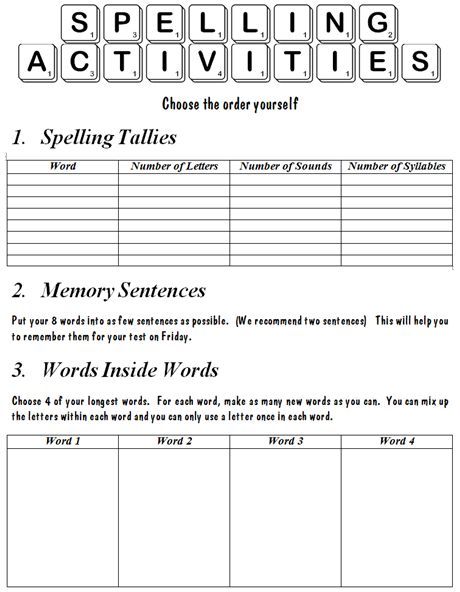
- If the student spells it wrong, have them look at it again and do it over.
- By the end of the game, they will have two checks by each word.
This is a great activity because the students are seeing, saying and hearing the word. It’s best used when introducing spelling words to the class at the beginning of the week or a language arts unit.
Games Make Language Arts Fun
Drilling spelling words is boring for students, making it ineffective. Engaging class activities help students internalize spelling rules and practice high-frequency words. Use this list of fun spelling games for the whole class and small groups.
After playing these games in class, students are sure to enjoy language arts a lot more. Keep the fun going with these cool grammar activities, or reinforce parts of speech with a collection of noun games.
Staff Writer
Top 5 games to remember the spelling of English words
For many students, remembering how to spell a particular word is a kind of challenge.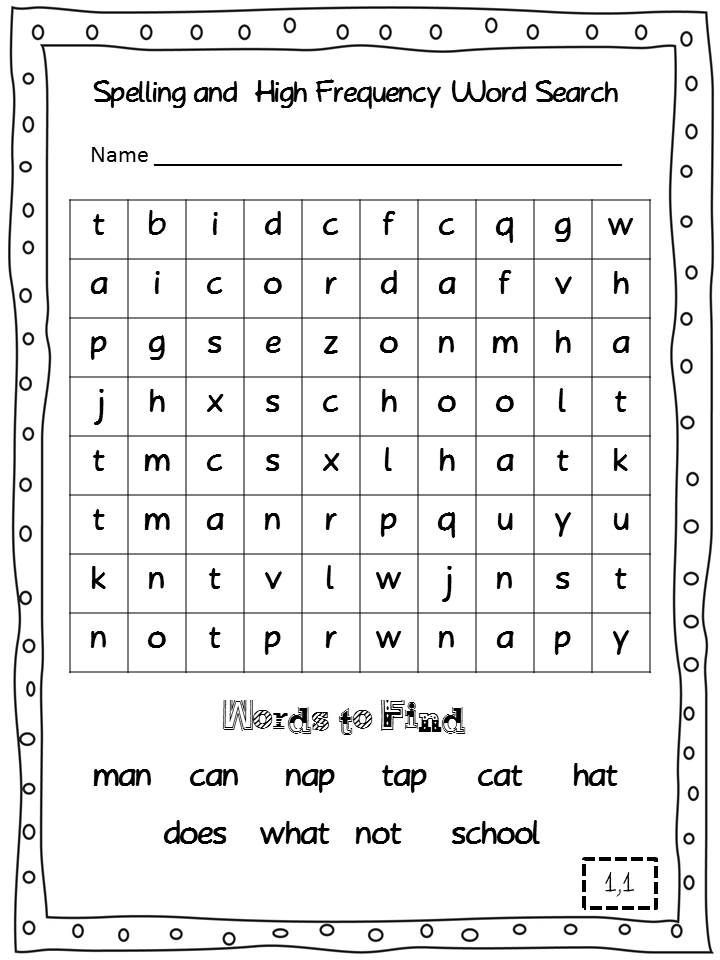 Especially when it comes to conscious or queue. If you don't practice writing in class, don't be surprised if your students write words the way they are pronounced.
Especially when it comes to conscious or queue. If you don't practice writing in class, don't be surprised if your students write words the way they are pronounced.
Of course, no one canceled good old dictations, but over time they become less and less stimulating. Spell checking may take quite a bit of time. Let's look at several ways to quickly practice spelling skills in the whole group.
#1 Backward spelling
Divide the students into two teams. Make a list of the words you want to check beforehand.
The task is this - you need to spell the word, only backwards. Teams need to quickly guess what the word is and name it. Then one representative of the team should come out and write this word on the board.
The team receives additional points for correct spelling. If mistakes were made in the word, then the opposing team gets a chance to correct them. This also earns extra points. Thus, keep working through all the words from the list and do not forget to count the points to choose the winner.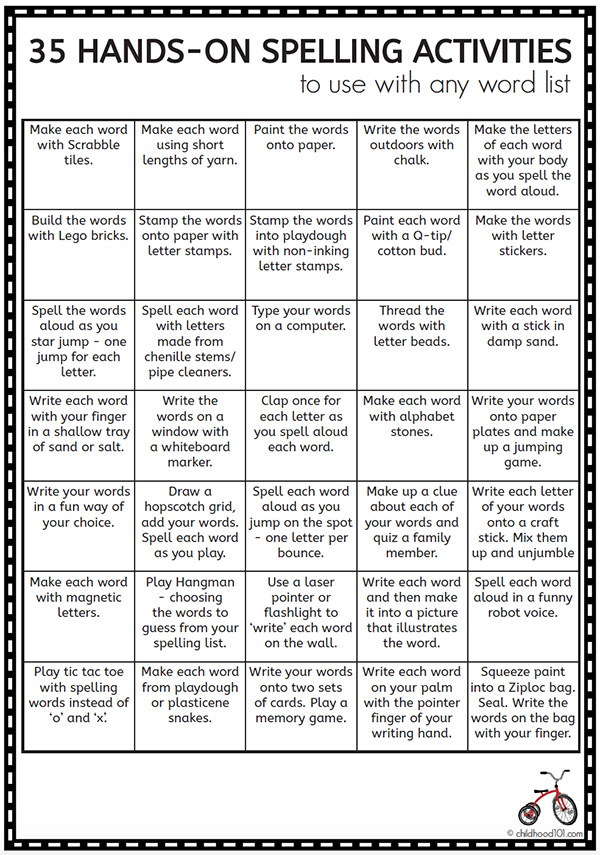
#2 Memory game
This game is great for the warm-up part of your lesson. Before class, write on the board the words that your students have trouble spelling. Try to squeeze in as many words as possible and fill the entire space on the board.
Divide the students into teams and ask them to look carefully at the blackboard and memorize as many words as they can (within 30 seconds). Then erase the words.
The students' task is to recreate a list of these words together within the time limit you set. The team that can correctly spell the most words from the list wins.
#3 Pass it on
Prepare in advance a short list of sentences including challenging words from your course. Students work in groups, for this they must stand or sit in a line - one behind the other.
Game conditions - you show the offer to the last players in the line. After looking at it for a few seconds, they must reproduce the sentence on their card.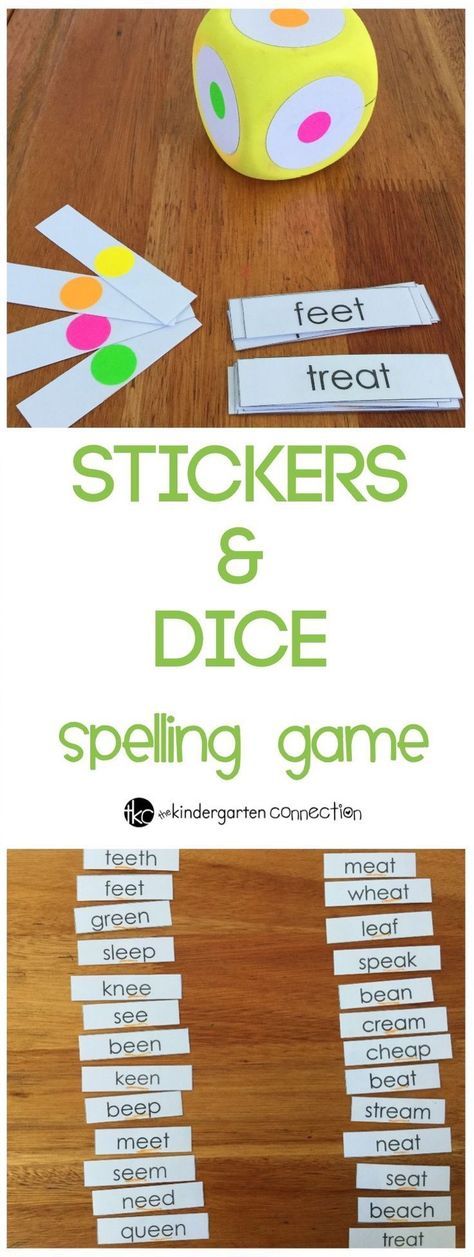 These students then show their proposal to the next player on their team, who must also write it down.
These students then show their proposal to the next player on their team, who must also write it down.
This is repeated until it is the first student in line to write the final sentence on the board. Make sure that students keep their cards for themselves, and do not pass them on to the next participants.
Players then change places and the first player in the line moves to the end of the line. The team that makes the fewest mistakes in writing each sentence wins.
#4 One sentence story
Students compete in teams again. This time you need to write a simple sentence on the board, for example: My neighbor bought a car. Participants will need to expand on this proposal with details and write their version on the board.
Remind students that the sentence must still make sense and be natural. The winner is the team whose sentence contains the most words and the fewest spelling errors. When compiling a sentence, you cannot use dictionaries or translators.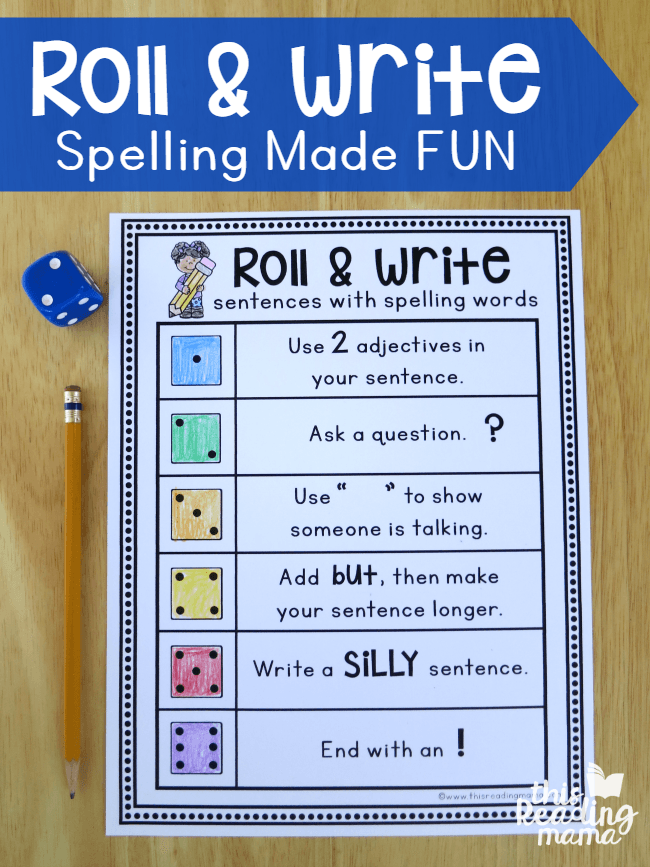
#5 My own mistakes
With this kind of assignment, you can replace feedback with writing assignments that your students had. After checking the works, select the correct sentences from them and those that contain spelling errors. Make a list of these examples by shuffling them together.
In class, divide the students into teams, each of which receives such a list. For a certain time limit (depending on the number of proposals), teams need to find and correct errors. Please note that this is only about spelling.
And, of course, the exercise is performed without dictionaries. The team that manages to correct the most errors correctly wins.
The advantage of using these games is that they make a great impression on students, which will help them remember certain vocabulary better. And the spirit of competition and unwillingness to let the team down will serve as an additional motivating factor.
Spelling is fun when it is properly done!
comments powered by HyperComments
Support #Teachaholic if you find our work useful 💜
We have been developing the magazine on our own for more than 2 years, and now we really need your support!
If our materials at least once turned out to be useful to you, if you used them in your lessons and delighted students with fresh ideas, you can tell us “Thank you” and make any contribution to our work that is comfortable for you in the form of a donation.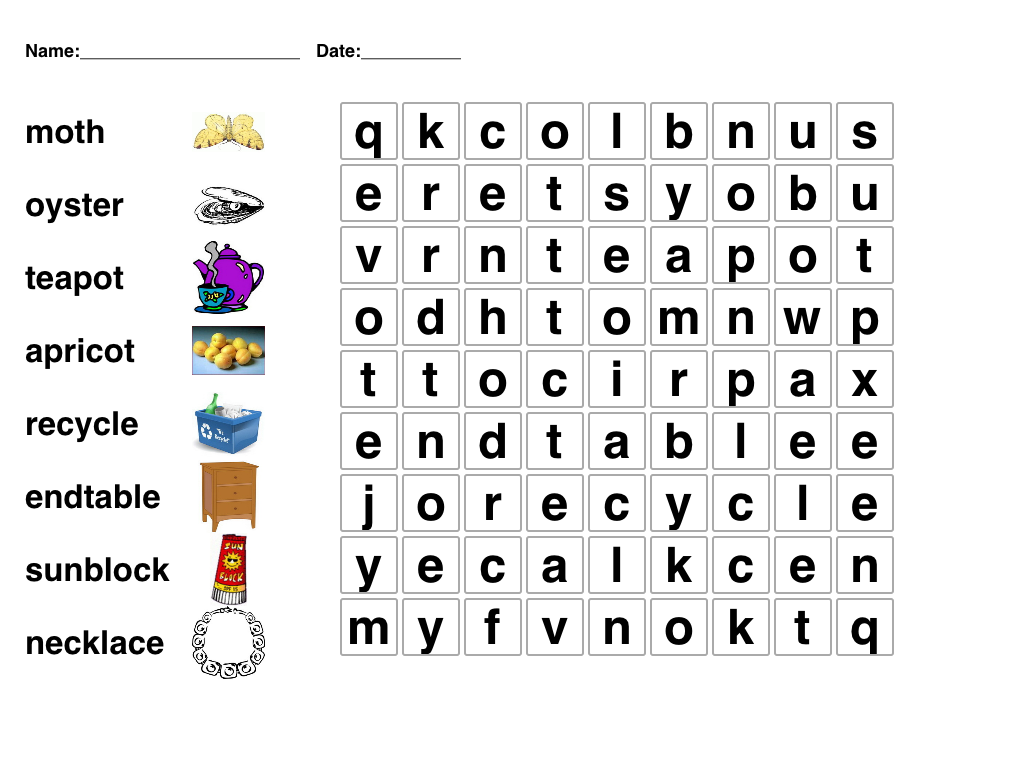
As a token of gratitude, we will send access to the webinar "Career prospects for an English teacher" to everyone who makes a donation, regardless of the amount.
Your Teachaholic.
#Teachaholic🧡
Hello Teachaholics! We have launched a new service for English teachers called "Methodological Assistance" 👏👏
This is a service with which each teacher can get an assessment of the effectiveness of their lessons, an online consultation from an experienced methodologist and a clear plan for professional development!
Read more! - spelling quiz for iPhone, iPad and iPod Touch (Overview)
A lot of applications for testing the knowledge of the Russian language have bred in the App Store lately. We are asked to answer questions here, punctuate there, and find the mistake in that sentence. As usual, some applications stand out noticeably from others.
Today we are going to take a look at a worthy variant of the literacy app - Literate!
How can an application of this kind hook? A large number of interesting tasks, original design, various types of games and other nice little things - that's what you need to pay attention to first.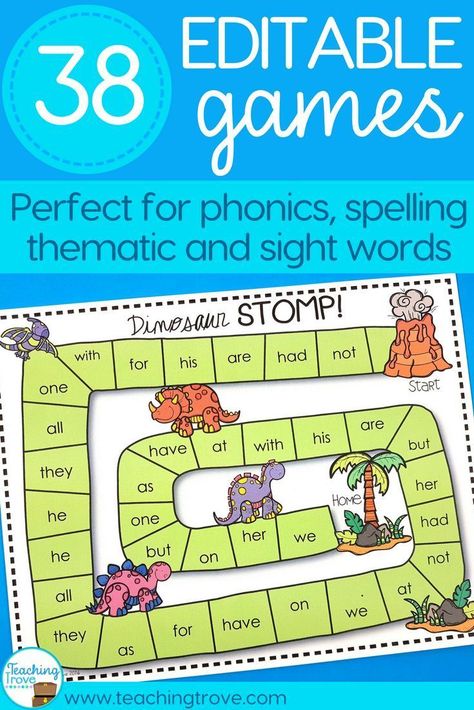 Did the AllyTeam studio cope with these tasks - let's see.
Did the AllyTeam studio cope with these tasks - let's see.
Design
Interface Reader! , designed in the form of a Soviet notebook, playing on nostalgic feelings, is trying to hook the strings of the souls of aged users. The grainy green background is deprived of any frills, everything is extremely simple and clear. You won't have to wander in search of some section or game mode.
Answers, directly during the game, are located on the lined surface of the notebook. Taking this style as a basis, the developers did not deviate from it a single step - and did not fail.
Game
After starting the game and choosing a dictionary (only one is available in the free version), you have to choose the correct spelling of the word among several options. In general, everything is like everyone else, with one caveat. Even in this single dictionary, there are plenty of words. For 10 games, not a single repeated word was noticed.
B Read more! You can play alone or together. Choose the desired answer in turn and find out which of you is more knowledgeable in the spelling of Russian words.
Choose the desired answer in turn and find out which of you is more knowledgeable in the spelling of Russian words.
Interesting mode - fixing bugs, unfortunately, is not available in the free version. By placing all problematic words in a separate basket and offering them for re-learning, Literacy! will really help you remember the correct spelling, and not just serve as good entertainment for one evening.
Settings
You can set up all the basic elements that help or, conversely, distract from the case. We advise you to immediately turn off the music, as it is more difficult to concentrate on it. I hope the developers in the next version will replace it with something more neutral.
The font size can be changed, but the default is quite large. Also, for lovers of complexity, the possibility of a timer for choosing an answer is provided. Set it to 5 seconds and compete with a friend. I assure you, you will get an indescribable portion of pleasure from such a competition.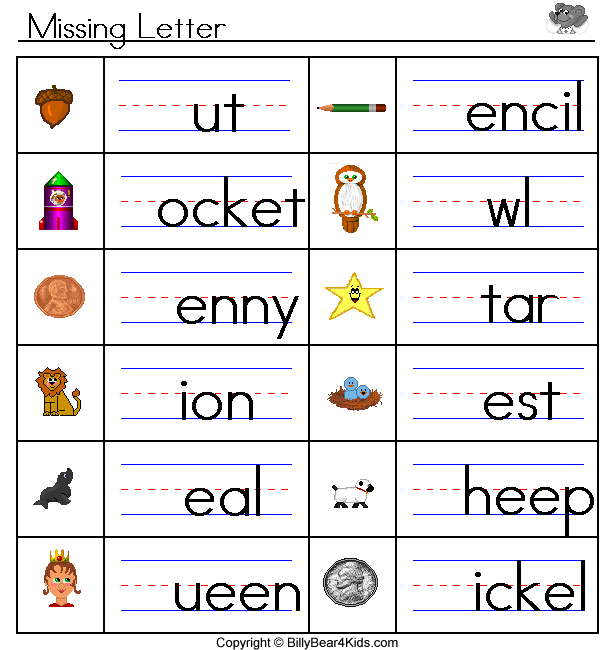
Purchases
Literate! includes many in-app purchases. You can buy everything: a new game mode, disabling ads, sets of new words. Of course, they are not mandatory, but the application will bring the maximum benefit in the complete set. Free features will keep you for a maximum of 1-2 weeks, provided that you play with friends.
Verdict
Literate! is a great app with a large database of various words. Even people with a wide vocabulary can find something interesting here. We can only hope that the developers will meet and expand the free features of the application.
Download Literacy! for iPhone, iPod Touch and iPad [App Store]
See also:
- Quit smoking in 5 days - Quit smoking with the mobile app for iPhone, iPod Touch and iPad.
- How to create videos and trailers using the iMovie app for iOS.
- Waterbalance - proper fluid intake. Program for iPhone and iPod Touch.
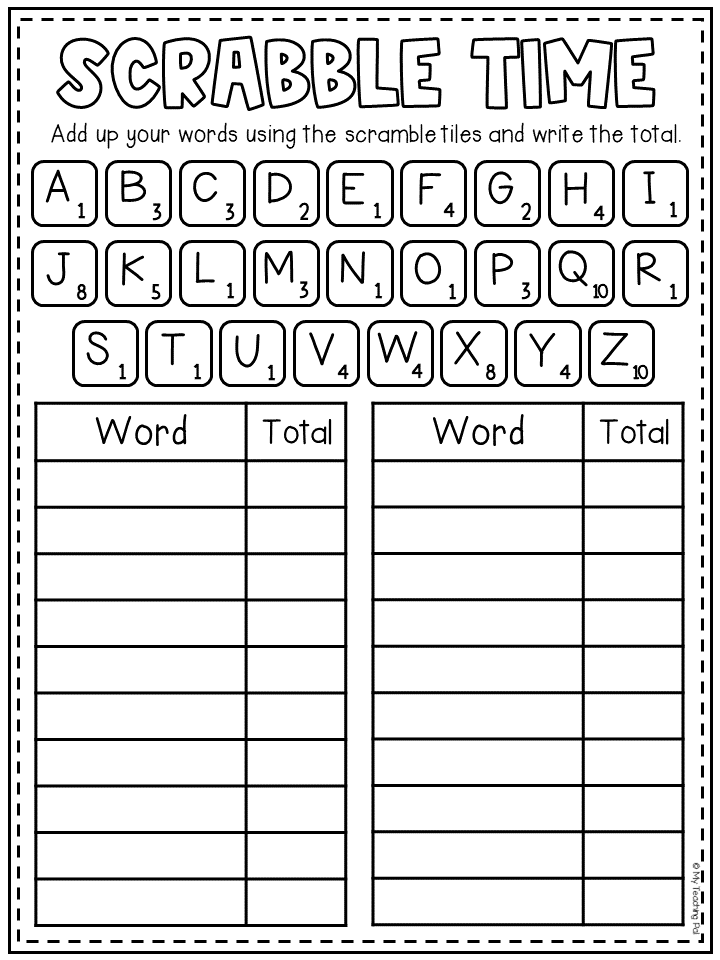
Learn more

